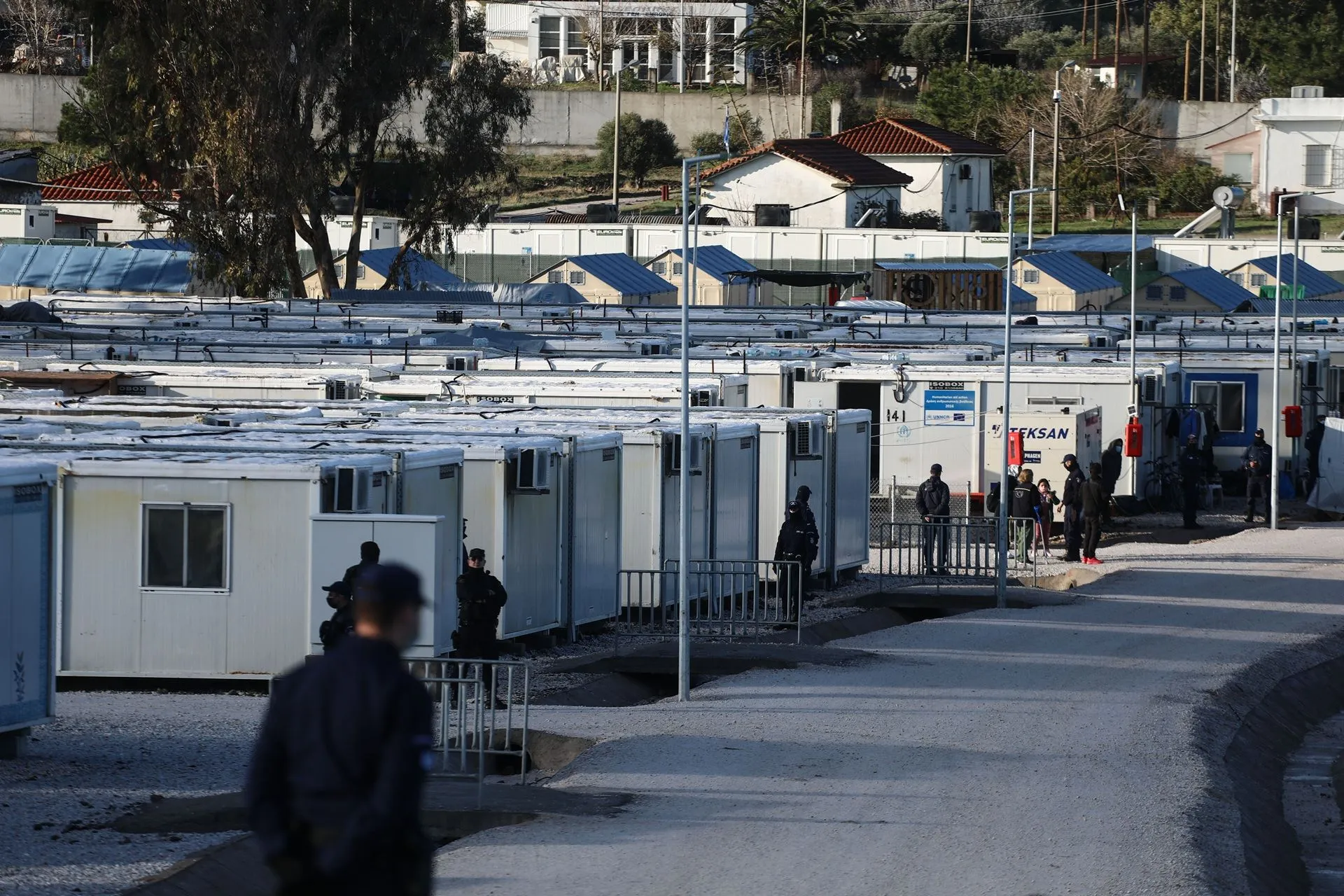rsaegean.org | 4 November 2024
Major deficiencies in the provision of interpretation services in Greece
Even asylum interviews are no longer being conducted
Severe deficiencies in interpretation services over recent months have affected both refugee camps in Greece and the Greek Asylum Service. These gaps now hinder the state’s ability to provide essential services.
The problem within the Asylum Service, its Regional Asylum Offices and Asylum Units, has become extremely severe. Asylum registrations and interviews are now postponed or rescheduled due to the absence of interpreters. In some cases, depending on the office involved, asylum seekers are not even informed promptly about these delays. In other instances, appointments are left unscheduled, leaving individuals uncertain of when their registration or interview will take place.
Gaps in interpretation have led to “creative” and unorthodox solutions in certain cases. Asylum applicants are often requested to state their consent to the proceedings being carried out in Greek by signing solemn declarations confirming that they understand the language. Alternatively, third parties, not certified interpreters, may be used to assist as interpreters, with applicants again signing declarations accepting this arrangement. These declarations appear to be designed to shield the Asylum Service from responsibility, even though the law requires that interpretation services be provided by the state in a language understood by applicants throughout the entire reception and identification and asylum process.
Τhree cases represented by Refugee Support Aegean (written responses from the authorities on file) serve as examples of the broader issue:
- In a case involving a family with a newborn baby residing in the Ritsona camp, our request to the Piraeus Regional Asylum Office regarding the child’s registration was met with a written response as follows: “As long as there is no interpretation there are two ways to make the registration & applications: 1. The applicant may submit a solemn declaration affirming their ability to understand and communicate in Greek, 2. A third party could act as an interpreter […], provided the applicant signs a statement that they agree to this arrangement and that the Asylum Service is not responsible for the quality of the interpretation provided by the third party.” (!)
Read more >>>

